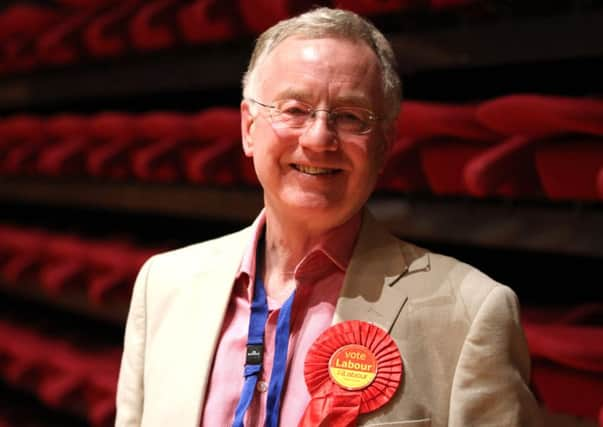New charge for Preston's brown bin collections as Council Tax rises


The charges were agreed by councillors today when the full council met to decide its annual budget.
After a long debate councillors agreed by 31 votes to 22 to pass the ruling Labour group’s budget, which will see the council making cuts of some £774,000 in 2016/17 and increasing Council Tax by 1.99%.
Advertisement
Hide AdAdvertisement
Hide AdThe new Band D charge for Preston City Council’s share of the Council Tax will be £290.73 - an increase of £5.67 on the current year’s bill. The Tax will bring in some £10.2m to council coffers.
But there were warnings of difficult days ahead from council leader Coun Peter Rankin who said that an emergency budget would have to be pushed through in October to meet a target of making some £3m savings by 2019/20 because of cuts in central government funding,
Meanwhile opposition Conservatives unsuccessfully proposed an eight point alternative budget which would have seen the controversial brown bin charge - which will raise £350,000 - dropped.
Coun Damien Moore, the Group’s Deputy Leader and Finance spokesman dubbed the charge “a stealth tax” on hardworking people, equivalent to a 12 per cent rise in council tax on a Band D property. He proposed the council’s waste collection service be privatised, that the Harris Museum be made available to hire for events and celebrations, the number of councillors be reduced from 57 to 40, a post cut from the cabinet and that the number of council elections be reduced so that the full council is elected at one election every four years. He argued the Audit and Standards committee should be merged and a new Business, Enterprise and Development Committee created to boost growth. But his proposal was rejected by 35 votes to 18, although Labour acknowledged it may have to look at some of the ideas in the future to make savings. The council also voted to improve efficiency and reduce costs by redesigning services and its use of technology.